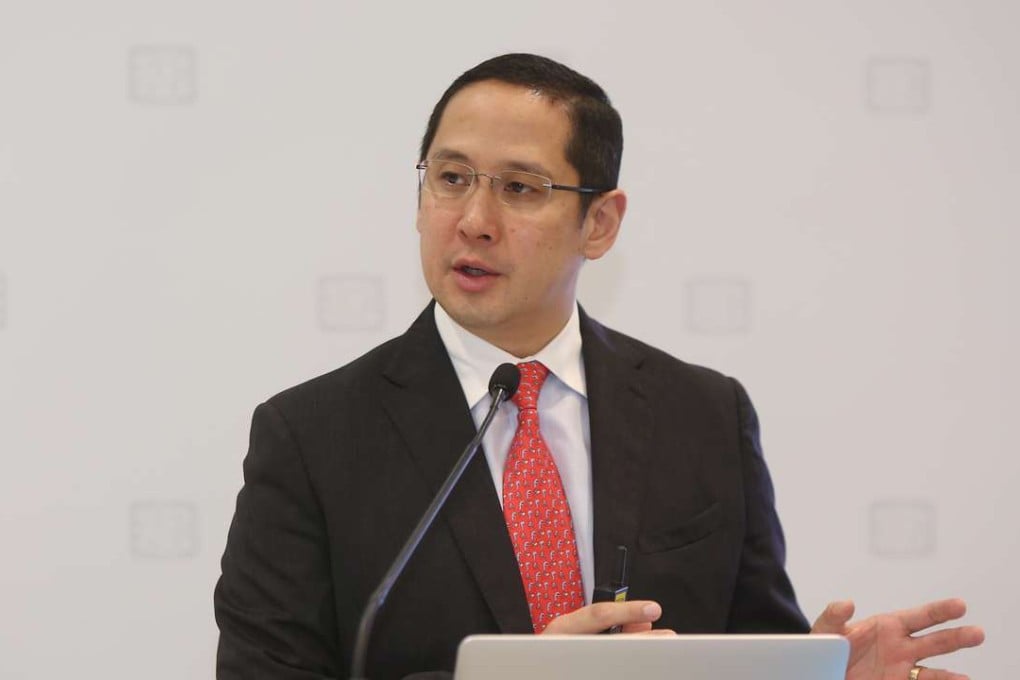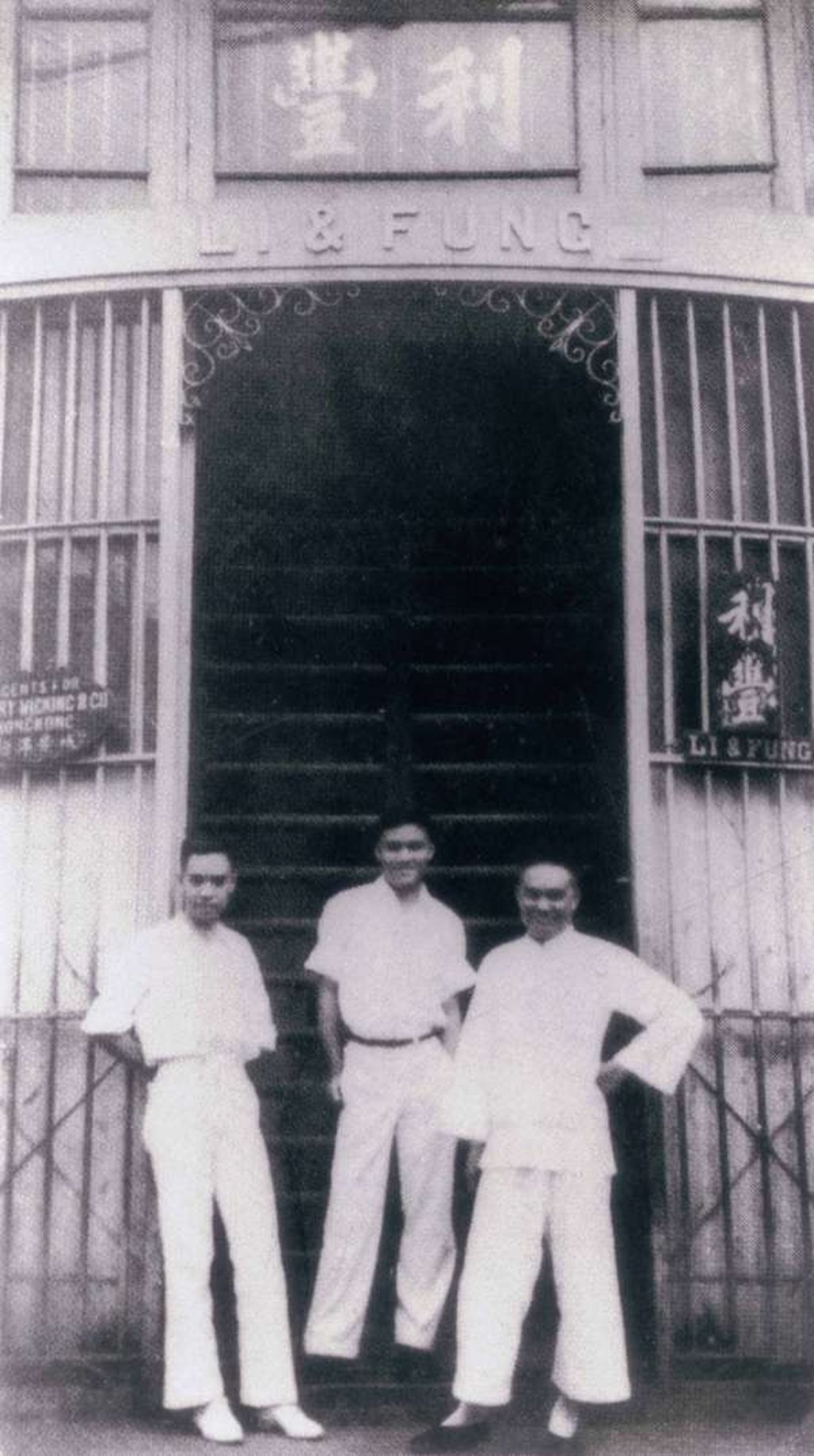Analysis | How four generations left their mark in Li & Fung
Li & Fung’s story -- its establishment, growth, prosperity and future challenges -- is Hong Kong’s history writ small. Here’s how four generations of one of the city’s most storied families left their mark on Hong Kong.

From a startup focusing on exporting Chinese porcelain, silk, rattan ware, handicrafts and fireworks to the West, the company has morphed into a multinational with 22,000 employees in over 250 offices and distribution centres in more than 40 markets in the Americas, Europe, Africa and Asia.
Last year it sourced 65 per cent of its revenue from apparels and 35 per cent from hard goods such as furniture, toys and home ware.

In 1937, Fung sent his second son Fung Hon-chu, to set up an operation in Hong Kong to handle the shipping of its goods.
In the four decades since, Li & Fung prospered along with Hong Kong’s growth into a manufacturing and export hub while mainland China, ravaged by war and revolution, turned inwards. The company became one of the city’s largest exporters of garments, toys, electronics and plastic flowers.